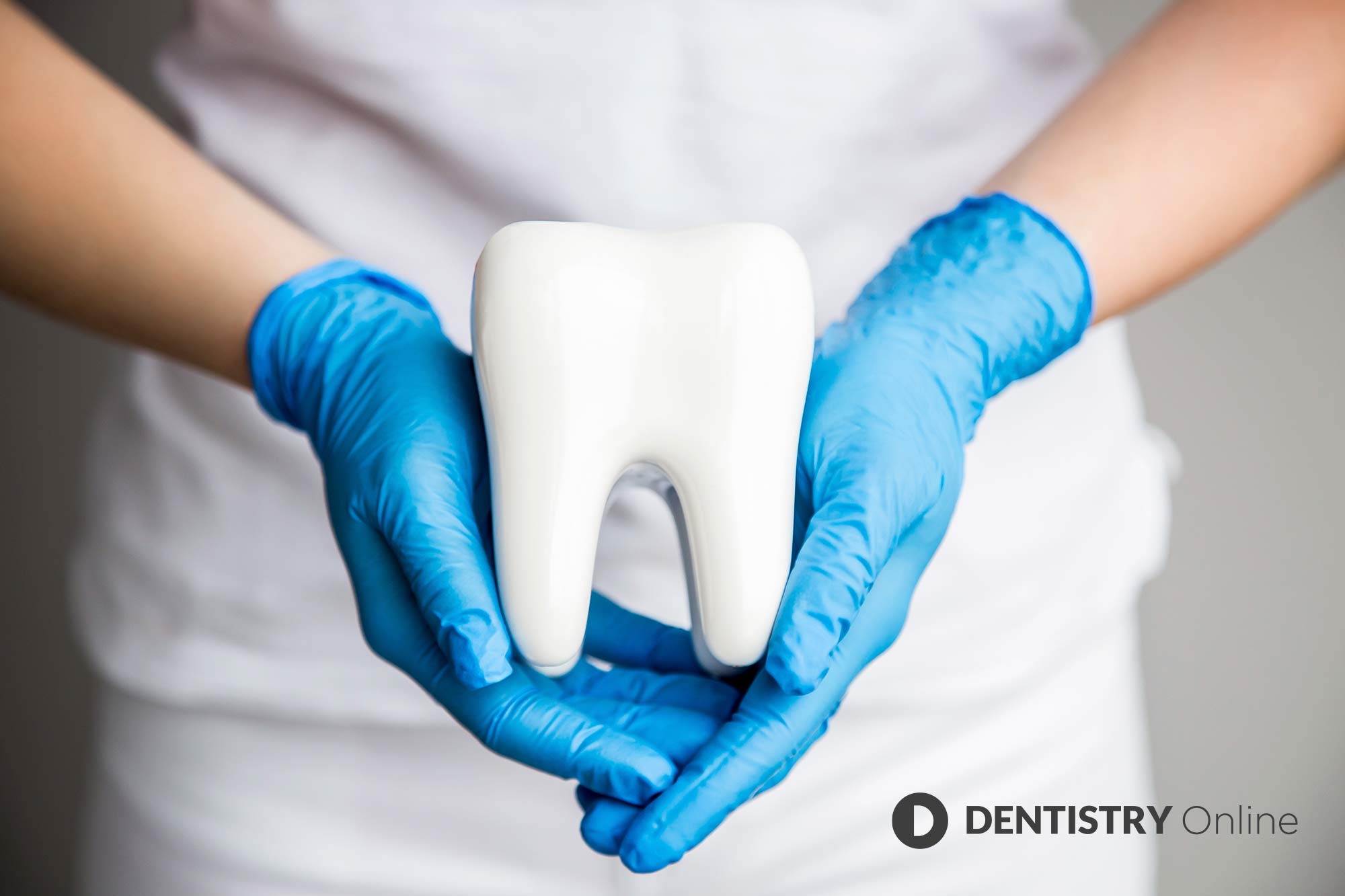 The World Health Organisation (WHO) is calling on member states to move towards a ‘preventive promotional approach’ for oral health.
The World Health Organisation (WHO) is calling on member states to move towards a ‘preventive promotional approach’ for oral health.
Last week, the WHO met for the fourth day of its executive board meeting to discuss the current state – and future – of oral health.
Currently, more than 3.5 billion people suffer from oral diseases worldwide, with a further 2.3 million experiencing tooth decay in permanent teeth.
Additionally, it was noted that oral cancers causes more than 180,000 deaths.
Mitigate effects
The report notes a number of points including concerns ‘that the burden of poor oral health reflects significant inequalities, between and within countries, disproportionally affecting low-and middle-income countries, mostly affecting people from lower socioeconomic backgrounds and other risk groups, such as persons who cannot maintain their oral hygiene on their own due to their age or disability.
‘[We recognise] that adequate intake of fluoride plays an important role in the development of healthy teeth and in the prevention of dental caries; and recognising the need to mitigate the adverse effects of excessive fluoride in water sources on the development of teeth.’
In addition, it reports that oral health services are among the most affected essential health services in the COVID-19 pandemic. Around 77% of countries report partial or complete disruption.
WHO director-general, Dr Tedros Adhanom Fhebreyesus hailed the meeting a ‘landmark resolution’ for global oral health.
Reorientate tradition
Member states were urged to take a number of actions including:
- To understand and address the key risk factors of poor oral health
- Integrate oral health into national policies
- Reorientate the traditional approach, instead moving towards a preventive promotional approach with risk identification
- Map and track the fluoride concentration of drinking water.
In addition, member states were called upon to:
- Strengthen cross-sectoral collaboration across key settings including schools, communities and workplaces
- Enhance oral health professionals’ capacities to detect potential cases of neglect and abuse.
The director-general was tasked with developing a draft global strategy on tackling oral diseases. This also needs to be aligned with the worldwide action plan for the prevention of noncommunicable disease.
Follow Dentistry.co.uk on Instagram to keep up with all the latest dental news and trends.

